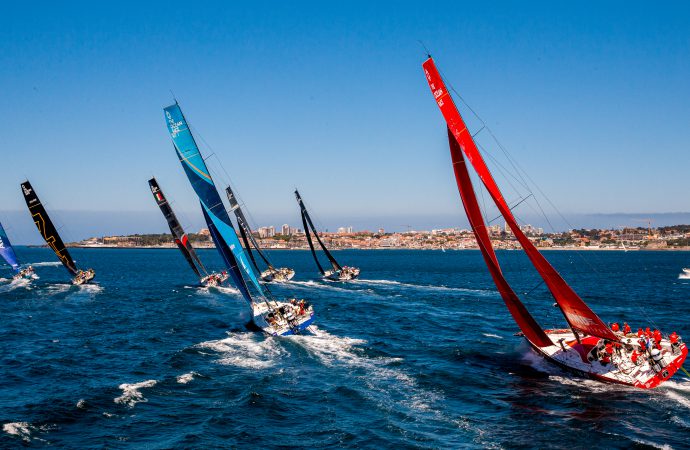The Ocean Race is leveraging its unique ecosystem of sailors, partners, academics, and policymakers to draft recommendations around ocean rights for the UN General Assembly 2023
“Stick to sport” is what you’ll hear from the armchair critics who take issue with professional athletes standing up for the social and environmental issues they care about. “Keep politics out of sport” is another one.
But – aside from the fact that almost everything is inherently political – what if sport or sportspeople are actually well-placed to contribute to political discourse, and can legitimately feed into policy debate and development?
For several years, The Ocean Race – the round-the-world test of endurance, featuring some of the world’s best sailors – has put sustainability and ocean health at the centre of its competition. During the last edition (2017/18), teams helped to support a scientific study exploring weather, climate change, and the concentration of microplastics in the ocean.
Its sailors have been to some of the most remote parts of the ocean in the world and, through its Ocean Race Summits (the current series of 12 are taking place between 2019-2023), it brings together an extensive network of partners, host cities, academics, and sustainability practitioners.
The Ocean Race, with its unique ecosystem, feels it is therefore well-placed to contribute to and influence policy around the ocean and high seas.
Indeed, The Ocean Race plans to present a number of draft recommendations related to ocean rights, ocean health and ocean governance – aiming to shape a ‘Universal Declaration of Ocean Rights’ – at the 2023 United Nations General Assembly to coincide with the conclusion of the 2022/23 edition of the race.
In this interview, The Ocean Race race chairman, Richard Brisius, explains why and how the race of ultimate endurance is contributing to this crucial area of policy development:
During the latest Summit – The Ocean Race Summit Europe (report here) – policy-makers, academics, sailors, business leaders, and politicians – including European Commission president, Ursula von der Leyen – addressed a number of burning topics, including ocean governance, ocean protection, ocean rights, ocean and climate, and a just transition for people and planet, while exploring a number of solutions that will make their way into the draft recommendations.
The question is: if The Ocean Race can go to these lengths to protect its “field of play”, can (and should) other sports do the same for the natural environments they typically occupy?
Opt into our weekly newsletter for exclusive content focused on sustainability strategy, communication and leadership for sport’s ecosystem.










Leave a Comment
Your email address will not be published. Required fields are marked with *